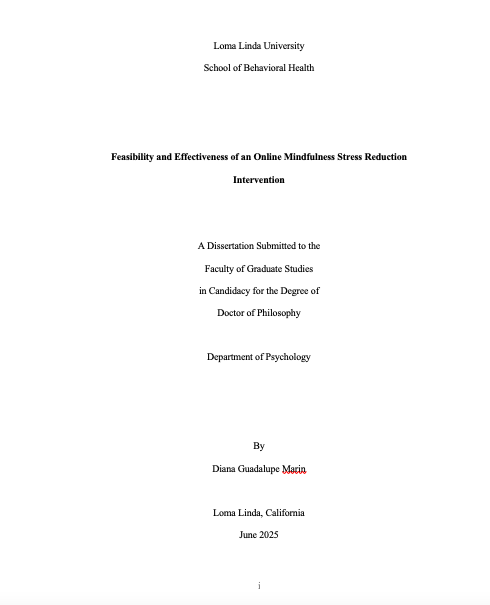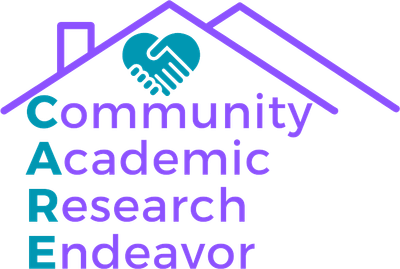Feasibility and Effectiveness of an Online Mindfulness Stress Reduction Intervention

Health disparities in low-resource communities lead to poor physical and mental health outcomes. To reduce health disparities, the United States has looked to global health initiative and is starting to rely on lay health workers more consistently as a promising and sustainable force. Community Health Worker (CHWs) work alongside the local health care system to connect vulnerable populations to needed care. However, the demand of their role puts CHWs at risk for stress, burnout, and vicarious trauma. Mindfulness-Based Stress Reduction (MBSR) is a stress reduction intervention that has been empirically supported to reduce stress and burnout in numerous populations. To support CHWs, this study aims to evaluate a six-week, live, online, low-dose MBSR (MBSR-ld) training to help reduce stress and burnout. Findings supported hypotheses, such that participants identified mindfulness skills were feasible, appropriate, and acceptable for their work. Furthermore, Levels of perceived stress were statistically significantly less after receiving the intervention and at 3-months and 6-months follow-up. Participants who reported increased use of mindfulness, also reported decreased symptoms of burnout. These findings provide valuable information that may drive policy and training to support CHWs and other lay health workforces. This study is the first to explore a live online MBSR-ld intervention to reduce stress and burnout among Community Health Workers serving a critically under resourced region in the United States.



